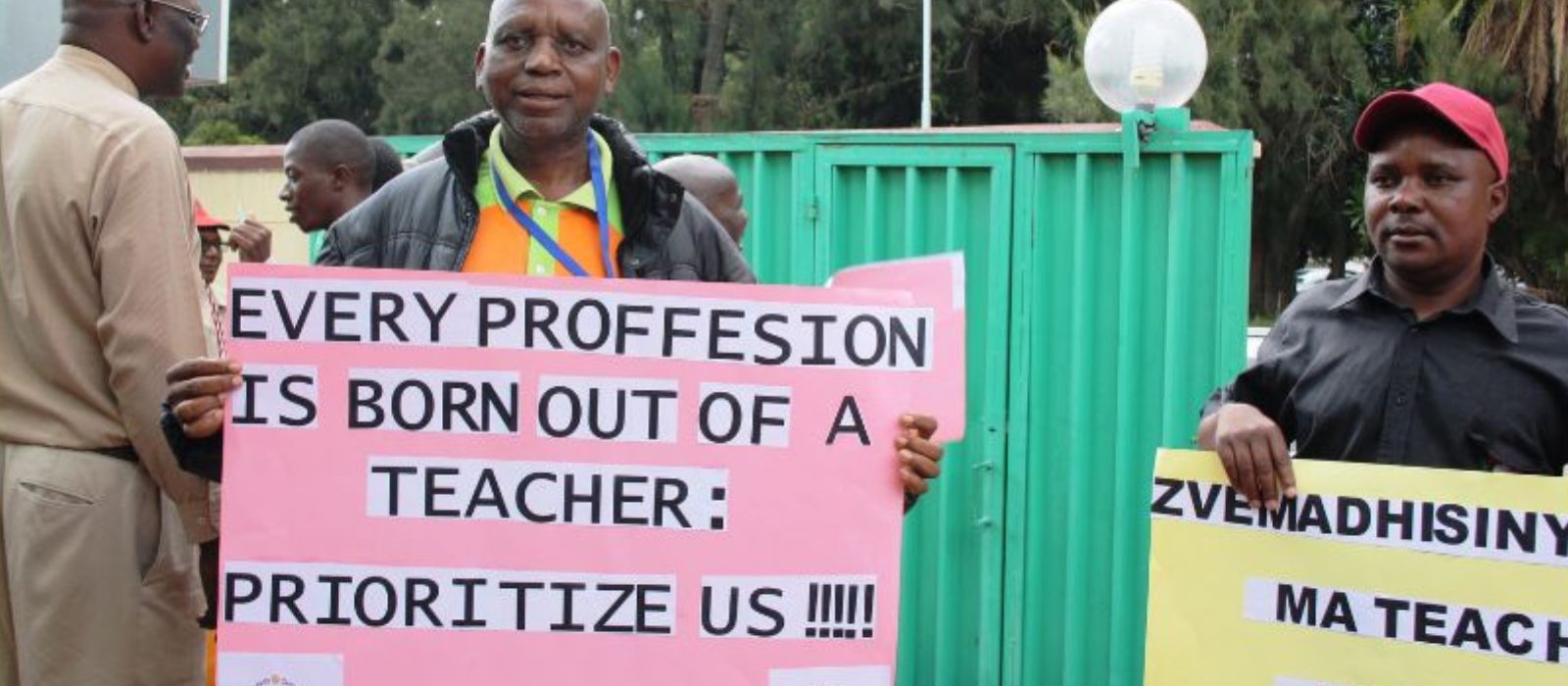
Zimbabwe Teachers Association (ZIMTA) president has issued a public statement for the reinstatement of their right to negotiate for salary increases at the National Joint Negotiation Council (NJNC).
Amid the start of the second term in Zimbabwe’s schools, the Zimbabwe Teachers Association (ZIMTA) has decried the lack of scheduled NJNC meetings to discuss salary increases, a process that is traditionally held in the first quarter of every year.
The absence of such meetings, according to ZIMTA, is a violation of the educators’ right to collective bargaining.
The educators have been left frustrated by their meager salaries, which they claim make it challenging to provide a quality learning environment for their students.
ZIMTA emphasizes that as civil servants under the Public Service Ministry, they deserve to have their grievances heard and addressed, especially in the face of the ongoing economic situation in the country.
“The educators are demanding that the NJNC convene urgently, given the dire effects that their current low incomes are having on their ability to provide quality education.” Mr Akuneni Maphosa said
He also warns that if this matter is not addressed soon, the public education system in Zimbabwe could be severely undermined.
Mr Maphosa furtherly emphasized the critical importance of ensuring that educators receive adequate remuneration in order to uphold the government’s commitment to Sustainable Development Goal 4, which focuses on quality education.
The organization asserts that the current salary situation is causing a decline in teacher morale and negatively impacting the quality of education provided.
In addition, ZIMTA warns that the continued infringement upon educators’ right to negotiate for better salaries could lead to undesirable consequences that would hinder the progress of quality public education in Zimbabwe.
ZIMTA calls on the government to prioritize the needs of educators, address the concerns raised in their statement, and schedule a meeting for salary review as soon as possible, in order to prevent further damage to the public education system.